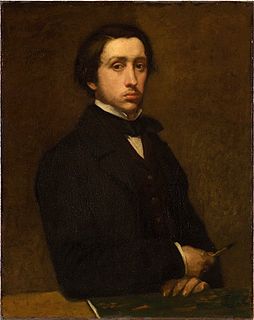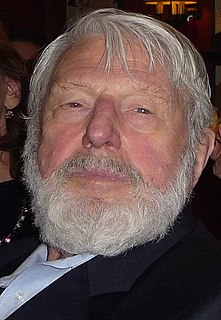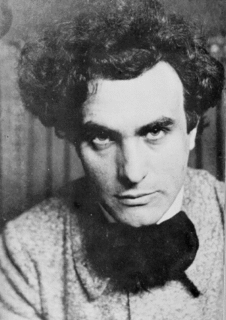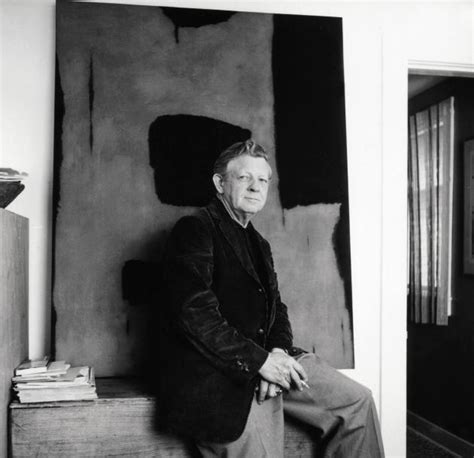A Quote by Edgar Degas
You have to have a high conception, not of what you are doing, but of what you may do one day: without that, there's no point in working.
Related Quotes
Neither the circle without the line, nor the line without the point, can be artificially produced. It is, therefore, by virtue of the point and the Monad that all things commence to emerge in principle. That which is affected at the periphery, however large it may be, cannot in any way lack the support of the central point.
We may live without poetry, music and art; We may live without conscience, and live without heart; We may live without friends; we may live without books; But civilized man cannot live without cooks. . . . He may live without books,-what is knowledge but grieving? He may live without hope,-what is hope but deceiving? He may live without love,-what is passion but pining? But where is the man that can live without dining?
Clearly the hardest thing for the working artist is to create his own conception and follow it, unafraid of the strictures it imposes, however rigid these may be... I see it as the clearest evidence of genius when an artist follows his conception, his idea, his principle, so unswervingly that he has this truth of his constantly in his control, never letting go of it even for the sake of his own enjoyment of his work.
Common to all these types is the anthropomorphic character of their conception of God. In general, only individuals of exceptional endowments, and exceptionally high-minded communities, rise to any considerable extent above this level. But there is a third stage of religious experience which belongs to all of them, even though it is rarely found in a pure form: I shall call it cosmic religious feeling. It is very difficult to elucidate this feeling to anyone who is entirely without it, especially as there is no anthropomorphic conception of God corresponding to it.
To keep the edge, you just keep doing something new. I'm not gonna say that working is easy, but while I'm doing it, I'm just a happy little moron - that's how my girlfriend describes me. The fact that nothing might happen with those things is not the point. The point is, I'm doing new things, and I have a good feeling in my soul.
I define vulnerability as uncertainty, risk and emotional exposure. With that definition in mind, let’s think about love. Waking up every day and loving someone who may or may not love us back, whose safety we can’t ensure, who may stay in our lives or may leave without a moment’s notice, who may be loyal to the day they die or betray us tomorrow—that’s vulnerability.






































